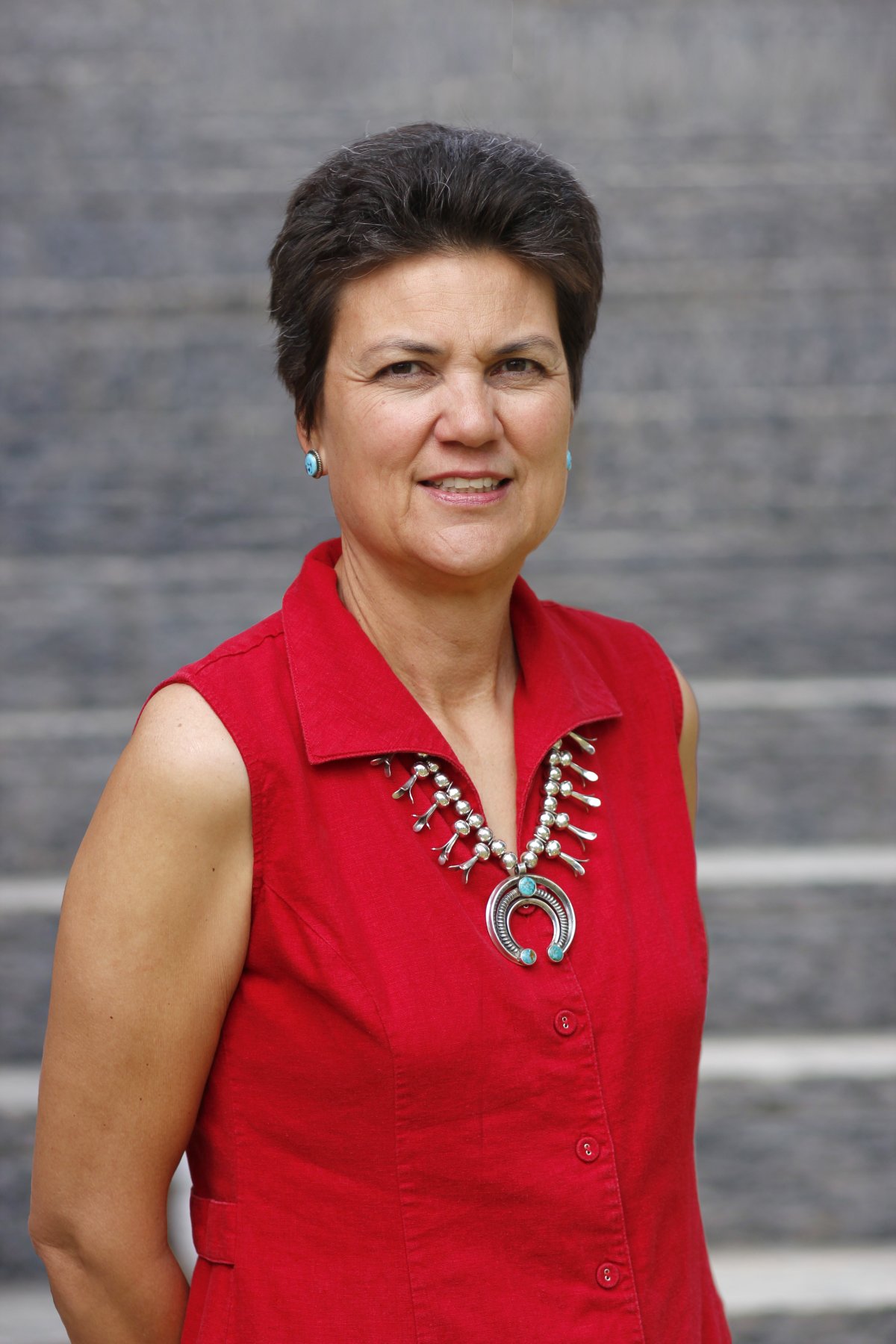Professor Jani C. Ingram
Jani C. Ingram, PhD
Regents’ Professor of Chemistry & Biochemistry
Northern Arizona University
Abstract
Environmental Health Studies on Navajo Lands
During the mid-1900s, the United States was locked in a nuclear arms race with the former Soviet Union in an era known as the Cold War. To meet demands, uranium mines were dug across the Navajo reservation in the Southwest United States. Although the Cold War officially ended in 1989 with the fall of the Berlin Wall and the dissolution of the Soviet Union in 1991, these abandoned uranium mines on the Navajo reservation have left a legacy of contamination that infiltrates all aspects of life on the reservation. Uranium is a known toxicant due to its properties as a heavy metal, and uranium mining has been suggested to exacerbate exposure to other elemental toxicants, such as arsenic. Current understanding of the extent of contamination on the Navajo lands is ill-defined. Our research team seeks to elucidate exposure to uranium and other potential elemental toxicants through chemical quantification in environmental samples including water, soil, plants, and sheep, so as to understand the nature of exposure. Inductively coupled plasma mass spectrometry and atomic absorption spectroscopy were used for the elemental characterization. The presentation will focus on how the chemical characterization of these samples provides a “big picture” of exposure to communities living on Navajo lands, particularly those living near abandoned mines. Dissemination of the results is provided to the communities and the Navajo tribal leaders. The collected data is used to usher change to environmental public policies on Navajo and to increase discussions of the issue through community meetings.
Jani C. Ingram
Jani C. Ingram, PhD is a Regents’ Professor in the Chemistry & Biochemistry Department at Northern Arizona University. Her research focuses on investigating environmental contaminants with respect to their impact on health in at risk populations. A critical aspect of her research is to foster collaborations with the Native American community and leaders to build trust and gain insights into their health concerns. She works with a diverse group of students in her research. This diversity represents students with different ethnic backgrounds, academic disciplines, and sexual orientations as well as where they are in their academic careers (middle school to graduate students). She is a member of the Navajo Nation and has been involved in outreach activities for Native American students in K-12, undergraduate, and graduate research. She is the principal investigator of the Partnership for Native American Cancer Prevention and the director of the Bridges to Baccalaureate program. She was named the 2018 recipient of the American Chemical Society Award for Encouraging Disadvantaged Students into Careers in the Chemical Sciences. She received an associate degree from Yavapai College, a Bachelor of Science degree in chemistry from New Mexico State University, and a Doctoral degree in chemistry from the University of Arizona. She was a staff scientist at the Idaho National Laboratory for twelve years before joining the faculty at Northern Arizona University in 2002.
Hosted by Professor Christy Haynes
